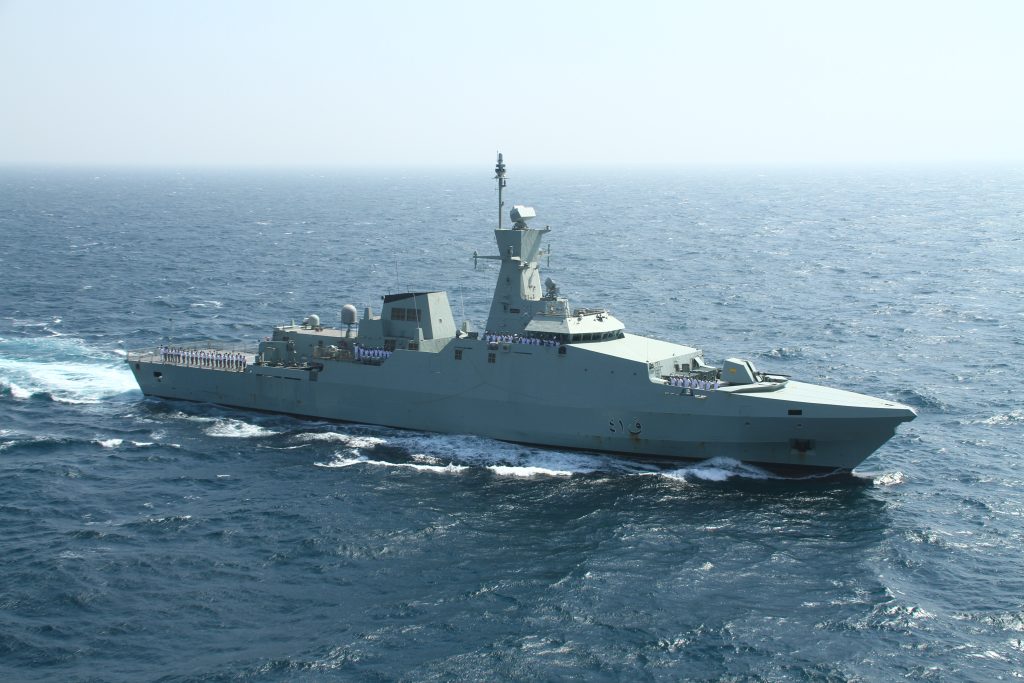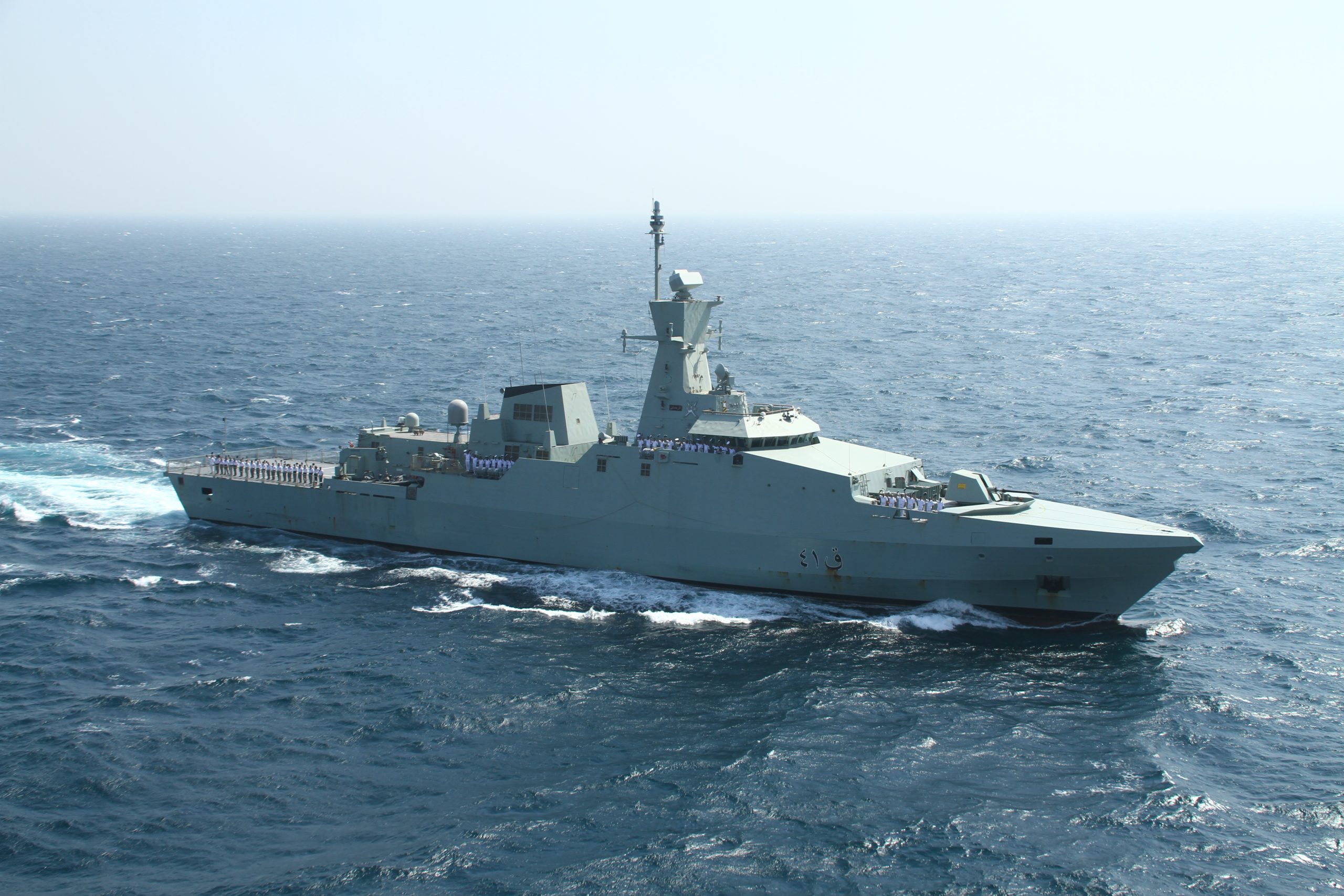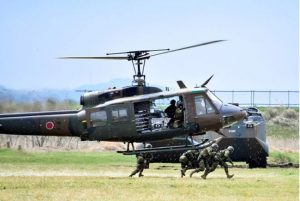
Throughout its history, Pakistan has been the target of rivalries between global superpowers in its immediate vicinity. As the weather outside begins to decrease, the water in our backyard pools begins to warm up. China and the United States’ growing rivalry in Asia has spread to the Indian Ocean. As a result, the third-largest division of the world’s oceans, which has maintained peace for ages, is becoming a hotspot for armed conflict.
Indian aspirations to dominate the Indo-Pacific region in a Cold War bloc competition are of special concern to Pakistan. The United States is not opposed to this. The United States has a detailed plan to support India in controlling a rising China, just revealed in a declassified framework of their Indo-Pacific policy. India, which once took pride in being “strategically autonomous,” has instead become the most vital pawn in the American grand chess game in Asia. No one knows if the newly elected American president will continue Trump’s lavishing favors on India.
As the titanic struggle in the Indian Ocean plays out, Pakistan must decide whether to take sides or act as a mediator. From all indications, the public favors choice (b). Pakistan is striving to carve out a special place for itself as an intermediary between rivals who may cooperate on matters threatening governments’ collective security along the Indian Ocean’s coast.
Pakistan has always been dedicated to maritime and land-based security cooperation. To resolve Kashmir and other bilateral concerns, President Ayub Khan of Pakistan proposed a joint military deal with India in 1959. According to historian SM Burke, Pakistani leaders like Chaudhry Muhammad Ali and Liaquat Ali Khan made similar overtures for a no-war declaration with India as early as 1950.
Since its inception, Pakistan has been an integral element in international maritime coalitions fighting for maritime security in the Indian Ocean. Pakistan was an original member of the US-led Combined Maritime Forces in the Indian Ocean. It has led both Combined Taskforce 150 and Combined Taskforce 151 on numerous occasions since its creation. Pakistan started the Regional Maritime Security Patrols (RMSP) project in 2018 to deal with threats in nearby regions, including the Gulf of Aden and the Arabian Sea.
With its newfound emphasis on the blue economy, Pakistan aims to protect its shores and territorial waters from the repercussions of rivalry among major nations. The human security paradigm prioritizes commerce and cooperation over high politics and motivates Pakistan’s efforts to exploit the oceans. The Pakistan Navy is a pioneer in this movement. The PN is paving the way for rival states to work together to combat crime and terrorism in the Indian Ocean through joint ventures. Since 2007, the PN has held the biennial Multinational Exercise AMAN to show Pakistan’s dedication to peace and to contribute to regional maritime security against asymmetric threats. Since then, there has been an extraordinary increase in the number of countries participating in this exercise, demonstrating its status as a major international naval event. Forty-five countries participated in the seventh annual AMAN exercise in February 2021. These countries included the United States, China, the United Kingdom, Italy, Turkey, Malaysia, and Sri Lanka.
This year, in February, Pakistan will play host to the 8th annual AMAN exercise, an international event designed to foster peace and cooperation in the face of non-traditional maritime security threats. Participants from all over the region and beyond will gather for the exercise. More than 50 countries’ navies have already committed to attending, including those of the United States, the United Kingdom, China, Japan, Turkey, the Philippines, Malaysia, Sri Lanka, and Indonesia. Not only will this be a watershed moment in Pakistan’s international relations, but it will also provide countries in the East and West a chance to start preparing for actual threats rather than just the ones they fear.
A multinational naval exercise aimed at limiting terrorism and criminality on the high seas highlights Pakistan’s marine vision for cooperative security and shared gains. At a time when India is working to further polarise the region based on bloc politics, this is an effort to revitalize cooperative multilateralism.






